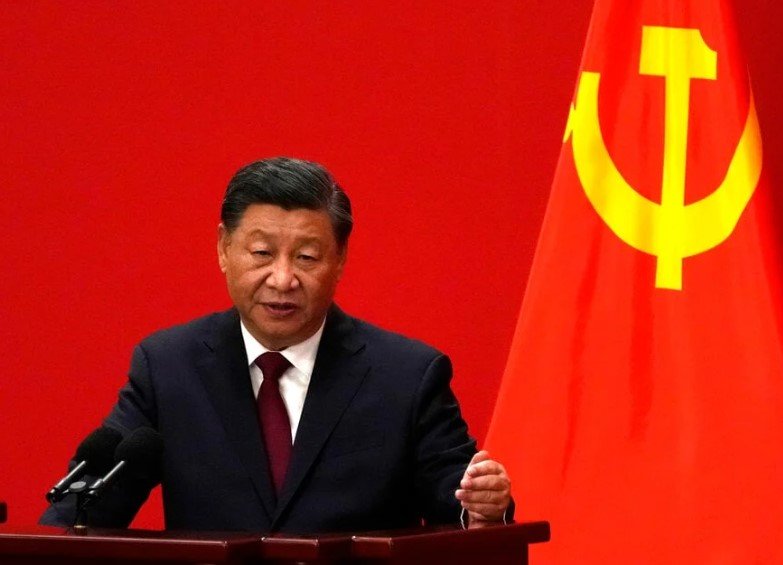President Xi Jinping has reaffirmed China’s determination to unify Taiwan with the mainland, delivering a firm message during his New Year address amid domestic economic challenges and escalating geopolitical tensions. His remarks come as Beijing braces for renewed trade and political friction with the United States under Donald Trump’s second presidency.
Xi’s Message: A Call for Unity
In his televised address, President Xi stressed the shared heritage and familial ties between Taiwan and China. “We Chinese on both sides of the Taiwan Strait belong to one and the same family. No one can ever sever the bond of kinship between us,” he declared. This rhetoric underscores Beijing’s longstanding stance that Taiwan is an inseparable part of China, aligning with its “One-China” policy.
For Xi, this isn’t merely about diplomacy. It’s a priority that defines his third term as president. Military maneuvers and diplomatic pressure aimed at Taiwan have intensified in recent years, signaling Beijing’s readiness to take concrete steps to achieve its goal.

Economic Reassurances Amid Uncertainty
While reiterating his position on Taiwan, Xi also addressed domestic anxieties about the economy, which has faced turbulence following the COVID-19 pandemic. The real estate sector’s struggles, widespread job losses, and reduced exports have created a challenging economic climate.
Yet, Xi painted a brighter picture for 2024:
- GDP Growth: China’s GDP is expected to surpass 130 trillion yuan (around $18.08 trillion).
- Agricultural Success: Grain output exceeded 700 million tonnes, ensuring food security.
- High-Quality Development: Xi emphasized efforts to foster innovation and new productive forces.
“China has proactively responded to challenges at home and abroad,” he said, lauding achievements in emerging sectors such as electric vehicles, artificial intelligence, and quantum communication. Notably, the annual production of new energy vehicles reached a record-breaking 10 million units in 2024.
Challenges on the Global Stage
The international landscape remains fraught with challenges for Xi’s administration. Trade tensions with the US and EU persist, as heavy tariffs continue to stymie China’s export ambitions—particularly in the electric vehicle sector. Xi also faces the looming threat of Donald Trump’s return to the White House.
Trump has made clear his intent to escalate economic pressure on China, including proposing tariffs of over 60% on Chinese imports, which totaled $427.2 billion in 2023. The specter of a renewed trade war—coupled with Trump’s aggressive rhetoric on issues like COVID-19 and Chinese technology—adds to the geopolitical hurdles China must navigate.
Focus on Global Governance and the Global South
Beyond domestic and cross-strait issues, Xi’s speech touched on China’s role in global governance. He framed China as a leader among developing nations, emphasizing its commitment to solidarity within the Global South. “In a world of transformation and turbulence, China… is actively promoting global governance reform,” Xi said, highlighting efforts to foster cooperation and stability.
However, critics argue that China’s global outreach often serves its strategic interests. Investments in regions like Africa and Southeast Asia are seen by some as attempts to expand Beijing’s influence under the guise of mutual development.
Looking Ahead: Xi’s Balancing Act
Xi Jinping faces a delicate balancing act in 2025. Domestically, he must restore confidence in China’s economy, particularly among a population disillusioned by years of economic downturn and pandemic hardships. Internationally, he must manage tensions with the US and its allies while advancing Beijing’s ambitions for Taiwan.
The road ahead will test Xi’s leadership, especially as he contends with Trump’s renewed focus on confronting China. Whether his assurances of economic growth and national unity will resonate with the Chinese public remains to be seen. What’s clear, though, is that Xi’s message leaves no doubt about his resolve on Taiwan.
